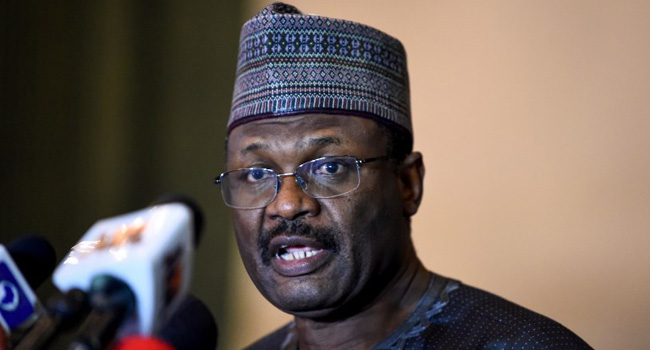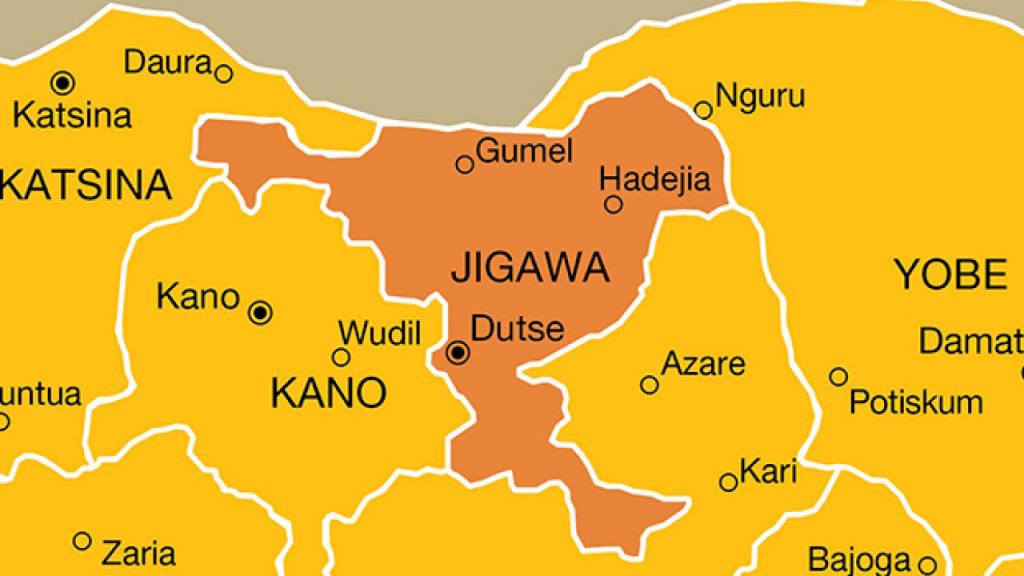The naira on Tuesday lost N5 to close at N515/$1 at the parallel market.
The local currency had also lost N5 to close at N510/$1 on Tuesday as dollar scarcity and volatility continued to hold sway in the market.
The naira had also exchanged at N505/$1 last weekend, after massive rally that allowed it gain N20/$1 within the week.
However, exchange rate at the Investors’ and Exporters (I&E) Forex Window, remained stable at N410.12/$1.
The I&E window has come to represent the official market rate and allows foreign investors to bring foreign currency to the country at a rate of their choice, provided they are able to find buyers.
The pressure against the naira at the parallel market followed Central Bank of Nigeria’s decision to stop dollar sales to bureaux de change (BDC) operators.
Investigations showed that pressure on the naira intensified after manufacturers and foreign exchange end-users scrambled for scarce greenback to meet their business and personal needs.
Forex users preference for BDCs over banks have been linked to tedious documentation process and various levels of approvals required to purchase dollars from banks, which are usually not met at short notice.
Findings showed that request for dollar purchases at commercial banks’ branches are usually approved at the headquarters before noon.
CBN Governor, Godwin Emefiele had announced at the close of the Monetary Policy Committee (MPC) meeting in Abuja Tuesday, that $10,000 weekly allocation to BDCs will no longer be supplied to the operators.
He accused the BDCs of breaching regulatory guidelines, including engaging in money laundering and corruption.
The apex bank boss stopped further licensing of new BDCs with immediate effect. “We are concerned that BDCs have allowed themselves to be used for graft,” Emefiele said.
He said the CBN would channel weekly allocations of dollar sales to commercial banks in order for them to meet legitimate foreign exchange demands, while urging bank operators to sell forex to every customer who meets its requirements.
The BDCs are now expected to remain in business by sourcing dollars from autonomous sources, usually at higher rates.
Market dealers and analysts said the policy shift is bound to push prices of goods and services higher at a time inflation has reached a four-year high. The move is also expected to increase hoarding of scarce dollars in the hands of very few forex dealers.







